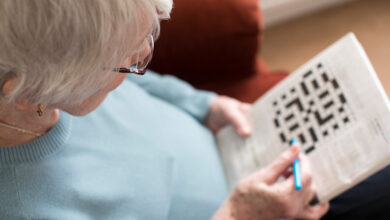Stroke: a top ten cause of death for children

The Murdoch Childrens Research Institute has published the first ever study into the outcomes for children following an arterial ischaemic stroke, more commonly known as a stroke caused by a blood clot. Despite being more commonly associated with older people stroke is relatively common in children, particularly newborns and ranks as one of the top 10 causes of death.
The study looked at the recovery time of three age groups: neonates, pre-school and school-age children. The progress of each age group was analysed across four time points: acute, one month, six months and 12 months. The research assessed how each child's motor skills had been impacted as well as the progress made over the course of recovery. The research also assessed the impact the motor impairment caused by stroke had on them day to day.
What are the chances of recovery for children who have a stroke? New research aims to find out:https://t.co/iNBTYfljK9 #UnimelbPursuit pic.twitter.com/8jNnpuMnTt
— Melbourne University (@unimelb) July 19, 2017
The study showed children recovering from a stroke need different treatment regimes to adults, with care being more individualised and occurring over a longer time frame. The impact on motor outcomes differed depending on the age the child is when the stroke occurs. Lead researcher Anna Cooper said “In babies, impairments tend to emerge over the first year, whereas in older children we saw an improvement.”
Due to ongoing developmental changes in children as they grow their rehab potential is not the same as adults and they need more ongoing monitoring and assessment. The results suggest pre-school aged children may have the best potential for recovery and motor outcomes.
The next stage of the study will continue to track the children with a follow up at five years.
Email: [email protected]





